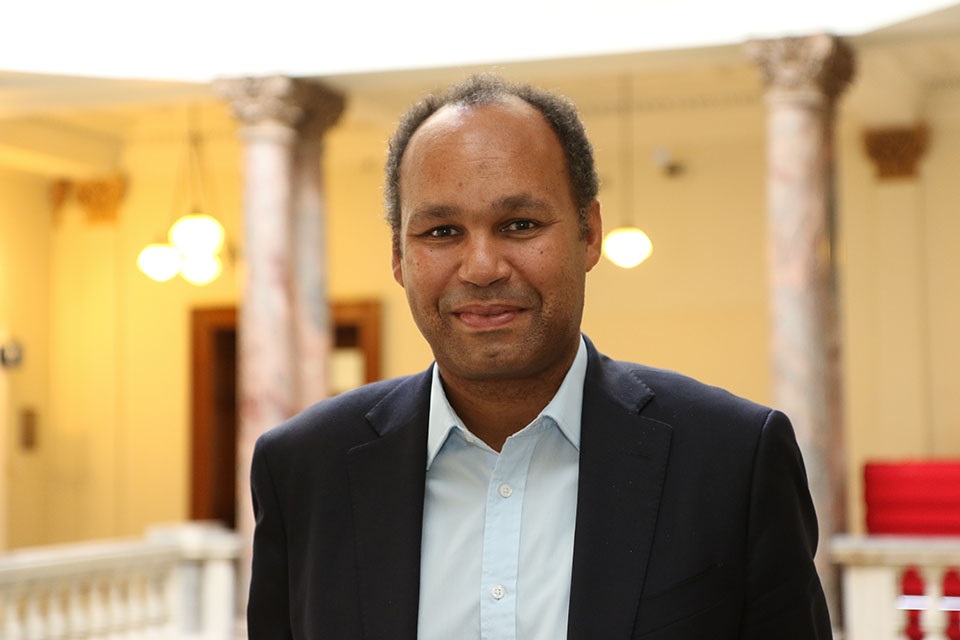AI presents significant opportunities to support international peace and security: UK statement at the UN Security Council
Statement by Ambassador James Kariuki, UK Deputy Permanent Representative to the UN, at the UN Security Council meeting on artificial intelligence.

Thank you Secretary Blinken. Let me start by thanking the US Presidency for convening this important meeting and for the international leadership you have shown in the field of AI governance. That includes the first ever General Assembly resolution on artificial intelligence.
I am also grateful to Professors LeCun and Professor Li for their insightful briefings.
And I would like to pay tribute to the Secretary General for his consistent campaign to bring to our attention the major opportunities and significant risks of this transformative technology, and to shape the international response.
It is eighteen months since the UK convened the first Security Council meeting on the security implications of artificial intelligence. As the Secretary-General said, things have moved swiftly since then.
Significant progress has been made in international collaboration, including the UN Global Digital Compact, and the UK-initiated AI Summit series.
In addition to the US GA resolution, we adopted the Chinese-led General Assembly resolution on AI capacity building, both by consensus.
And two Nobel Prizes were awarded for AI innovators, both to British scientists.
Today, I will focus on our priorities for peace and security, the opportunities AI presents in this field, and how we can share those benefits through capacity building.
First, the UK recognises that AI brings risks that could escalate conflicts and cause harm.
But it also presents significant opportunities to support international peace and security, including better decision-making, improved early warning systems and enhanced planning to support resilience and emergency preparedness.
The UK welcomes progress to increase international understanding in a military context through the Responsible AI in the Military Domain Summit, and the US-led Political Declaration on Responsible Military Use of AI.
The General Assembly resolution on “Artificial intelligence in the military domain” presents an important opportunity to advance efforts for AI’s safe and responsible development.
AI also offers significant opportunities for peacekeeping. AI can improve Missions’ data collection, analysis efforts, and their situational awareness and decision-making.
The UK is therefore, at the request of the UN’s Department of Peace Operations, authoring a paper on the potential uses of AI in Peacekeeping.
Second, President, AI presents huge opportunities for broader areas that impact upon peace and security, such as the enjoyment of human rights; by facilitating greater access to information or improving interpretation of medical data to aid early health diagnoses.
As an inaugural signatory to the Council of Europe’s AI Convention, the UK is committed to protecting from the risks posed by AI to human rights, democracy, and the rule of law.
Finally, the UK is also committed to sharing these opportunities through capacity building. It is important that in contributing to international peace and security, we aim to narrow digital divides.
Through the AI for Development collaboration, the UK has donated £58 million to funding multidisciplinary responsible AI research labs in six African countries, with more planned for 2025.
Ultimately, we must seize the opportunities and grasp the challenges of AI, including those for international peace and security, decisively and optimistically.